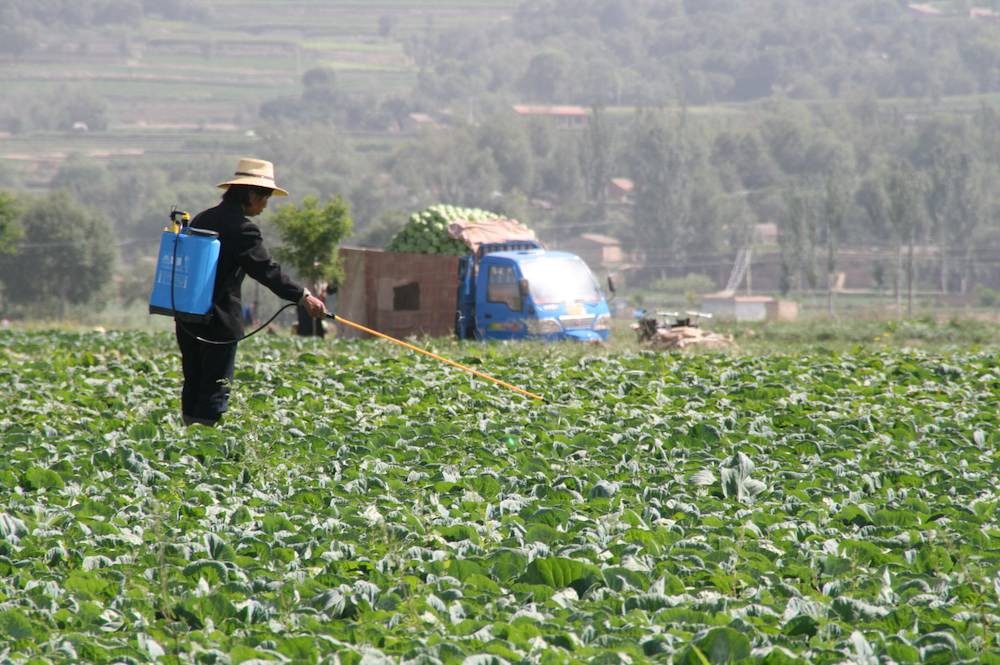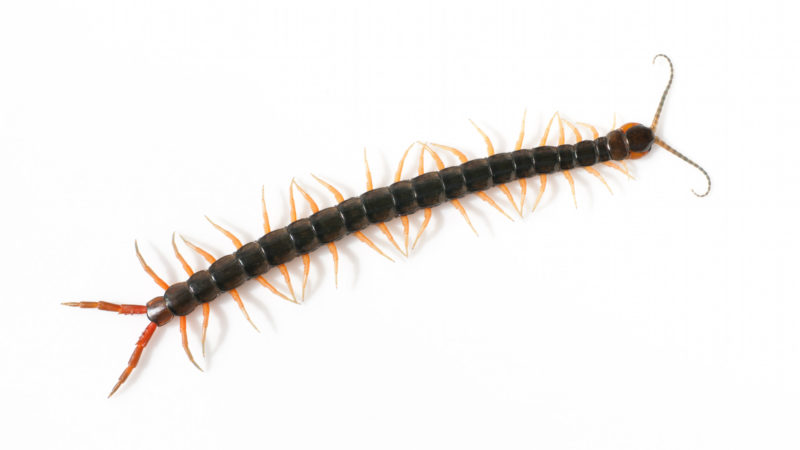8 Organic Pest Control Tips For Your Garden

If you have an organic vegetable garden and it is overrun with pests, then the priority step is to identify the intruder. What you can do is take a photo of that pest, search it online, or ask a local gardening expert. After you identify the pest, then you can take measures to protect your fruit’s garden. There are so many organic pest control tips, including minerals, chemicals, and other garden’s strategic techniques.
If you are going to stick to an organic vegetable garden, then you need to make sure that you have a plan to ensure that the plants are ruined by the pest. So here are some useful tips for your garden.
Some Tips For Organic Pest Control
If you have an unwelcome pest in the yard, then you need to deal with it. The trick is to do so while maintaining the organic principles. So there are many tips that might come in useful.
SPINOSAD
This method can be safely used on your vegetables and fruit crops. The spinosad is a soil-based bacteria that kills every garden pests like; beetles, spiders, mites, borers, bagworms, loopers, and tent caterpillars.
Once you spread the spinosad, it dries and kills insects that ingest it. This organic pest reduces the chances of harming the bees and other insects if you have sprayed in the evening when the insects are not active. Spinosad comes in dust and liquid formats under many brand names.
ROTENONE
It is an organic pest killer that is somewhat toxic to many animals. It occurs naturally in the stems and seeds of some plants. While using the rotenone, be very cautious near lakes or ponds because this pest killer is exceptionally toxic to the fish.
Moreover, this pest killer kills leaf-feeding caterpillars, aphids, beetles, and thrips on fruits and vegetable crops. Give some time after using it because it is a slow-acting chemical that requires a day to work.
PYRETHRIN
This organic pest is used most widely in botanical insecticides in the USA. The pyrethrin is extracted from the chrysanthemum plant. This pest killer is non-toxic to many animals that make it a safe choice.
Pyrethrin is a powerful, fast-acting chemical that kills all the pests, even at low doses. On exposure, most insects will drop immediately, but insects might not always be killed. Some pyrethrin manufacturers mix the other fatal chemicals to ensure insect death.
Bacillus Thuringiensis (BT)
Well, caterpillars look cute, but they can also destroy the leafy crops. BT means Bacillus thuringiensis is a natural-occurring bacteria that can make pests sick when ingested. Spray on all the leafy vegetables which caterpillars eat, and this organic pest can kill the pests from inside out. However, it is only harmful upon eating, and it is a very safe natural pesticide for keeping beneficial insects.
Neem Oil
This organic pest is extracted from an Asian tree, and it inhibits the cycle growth of the insects. The neem has an active ingredient such as azadirachtin that causes the infected insects to eat less. It leads the insects to molt less, and they grow more slowly.
Moreover, neem oil is the best option for those who do not have any significant pest infestations and want to get rid of the primary pests.
This organic helps in growth holding effects, and neem oil works great on small and young insects. It is also best for insects that grow fast, such as squash bugs, Mexican bean beetles, and potato beetles. Moreover, it is also effective on smaller, leaf-eating aphids and caterpillars.
Diatomaceous Earth
If you do not want to use chemical pesticides around your vegetable crops, consider this sprinkling food-grade organic diatomaceous earth on your vegetable or fruit crops. This organic pest is actually made of fossilized diatoms, and they are part of the algae group.
However, diatoms have hard bones, these bones are turned into powder. When the powder comes in contact with bugs, then its sharp edges damage their bodies because of which they die within two weeks. These powder particles are so tiny that they do not cut pets or people.
Minerals
There are certain minerals that can also be used to control pests. Like, sulfur that can be solid, liquid, wettable dust, or as a paste. It is best to kill mites, spiders, thrips, and psyllids. You can use it on vegetables like; potatoes, beans, peas, or tomatoes, and it is non-toxic to humans.
However, there will be some irritation on the skin and eyes. The downside of using sulfur is that it can damage the plants in dry weather when the temperatures reach above 90 degrees F.
Another mineral is the Bordeaux mixture is also an organic pest control that targets bugs on many fruits and vegetable crops. It might damage your plant leaves if it is applied in cold or wet weather.
Beneficial Insects
You see, not all insects are bad for plants, some bugs are beneficial in their way that they actually attack and feed on other pests. After hearing this, you will want to attract more bugs to your fruits and vegetable garden, bugs like; lacewings, ladybugs, lady beetles, ground beetles, parasitic wasps, and praying mantis, and a few more.
To attract these insects, try to add these plants in your garden like; mountain mints, cornflower, fennel, pussy willow, corn, ornamental grasses, or golden marguerite.
Final Words
The more you learn about natural and organic pest control tips—-how it works, and how and where to use them- the more you will become an expert. However, remember that they are organic and natural, but they are still pesticides and must be used according to their label instructions. Moreover, if you got frustrated with centipedes, then check out the natural remedies to get rid of centipedes. If you find this information useful, drop a comment below this section.






